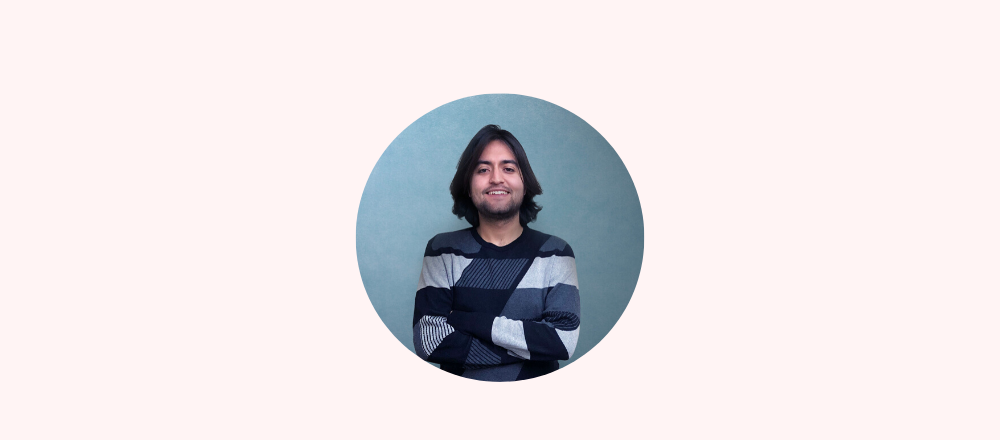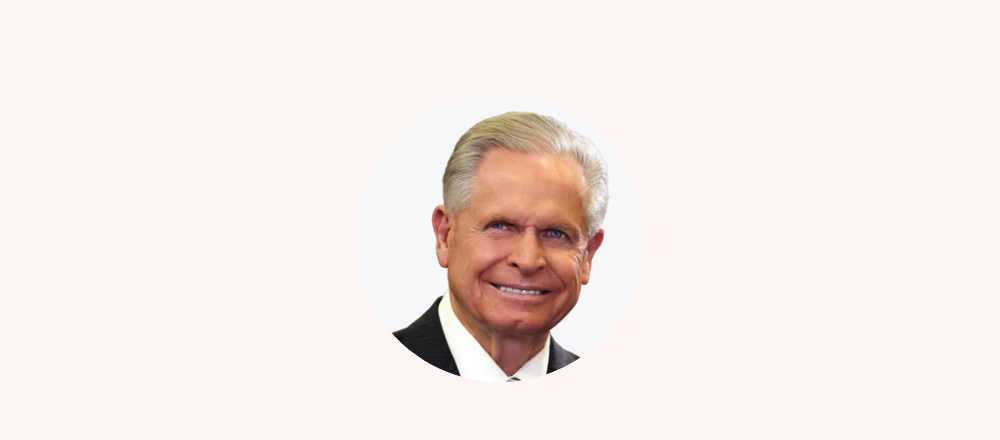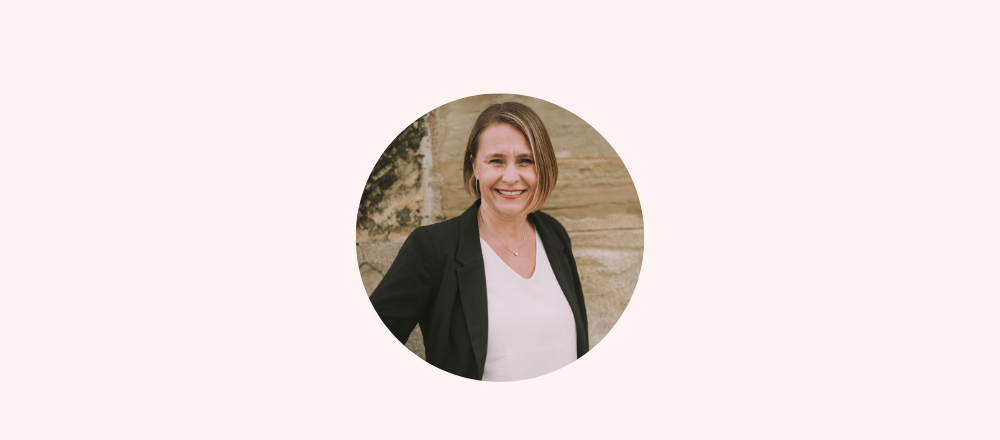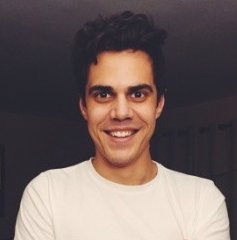Giovanni is the co-founder of Humaans – a smart employee database solution used by growing startups to simplify their people’s operations by collecting and leveraging their employees’ data.
He also co-founded Zero Technology, a digital product studio in London that specializes in the design and development of beautiful mobile apps (with clients like the University of California and CMU).
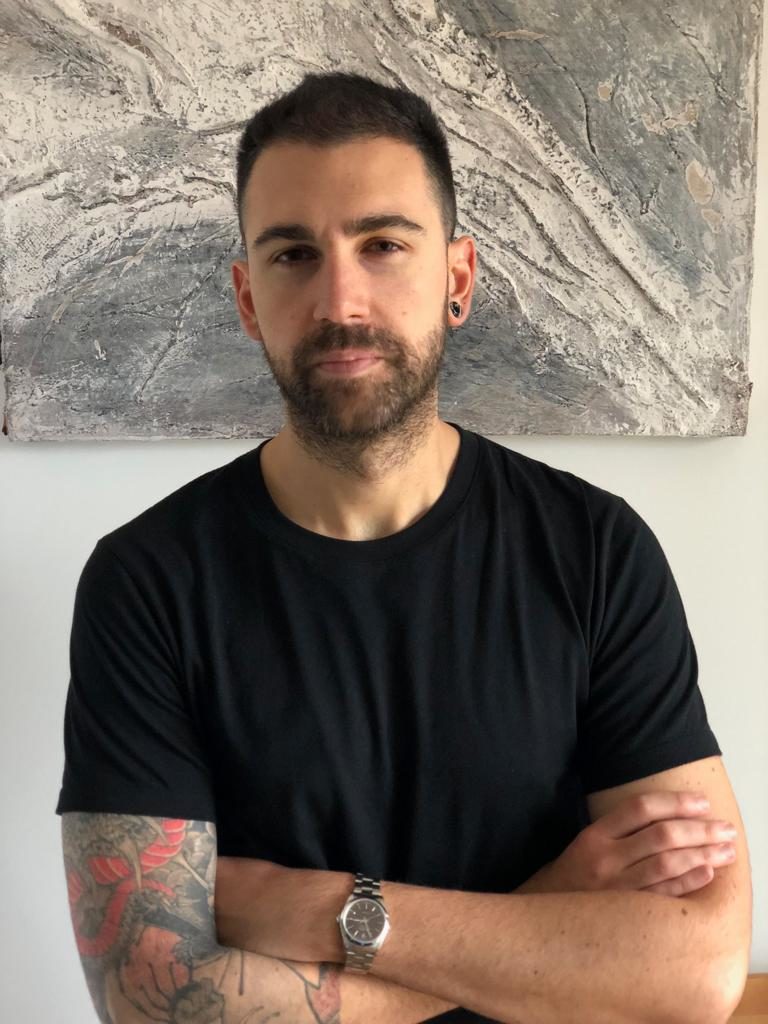
Q: What would you like to see your team accomplish in 2020?
With Humaans our goal is to help businesses provide the best employee experience and generate more efficiency and velocity through automation. Our direction is clear, and we’re shaping our business and product to deliver that.
Q: What were the most challenging areas in the early stages of the company’s growth?
Coming from a product and engineering background, customer acquisition has been an interesting challenge for us. We know how to build and scale complex technologies, but we were less familiar with how to distribute it. So we had to try different approaches and rapidly adjust and allocate resources accordingly. If you don’t have a consistent and repeatable way to acquire customers (or users for consumer businesses), even with the best product on the planet, you’re unable to prove that your business is viable.
Q: Who is your role model or hero?
I don’t have a role model or hero. I have though a few people that I respect for their professional accomplishments and that stimulate my thinking by sharing their knowledge. Des Traynor at Intercom, Naval Ravikant at AngelList, Arlan Hamilton at Backstage Capital are a few names that pop in my mind.
Q: What is your favorite book?
I have to mention two because they sit at the total opposite end of the spectrum:
Zero to one – Peter Thiel;
ReWork – Jason Fried, David Heinemeier Hansson;
The former to stimulate your ambition and big thinking. The latter to keep you grounded and practical.
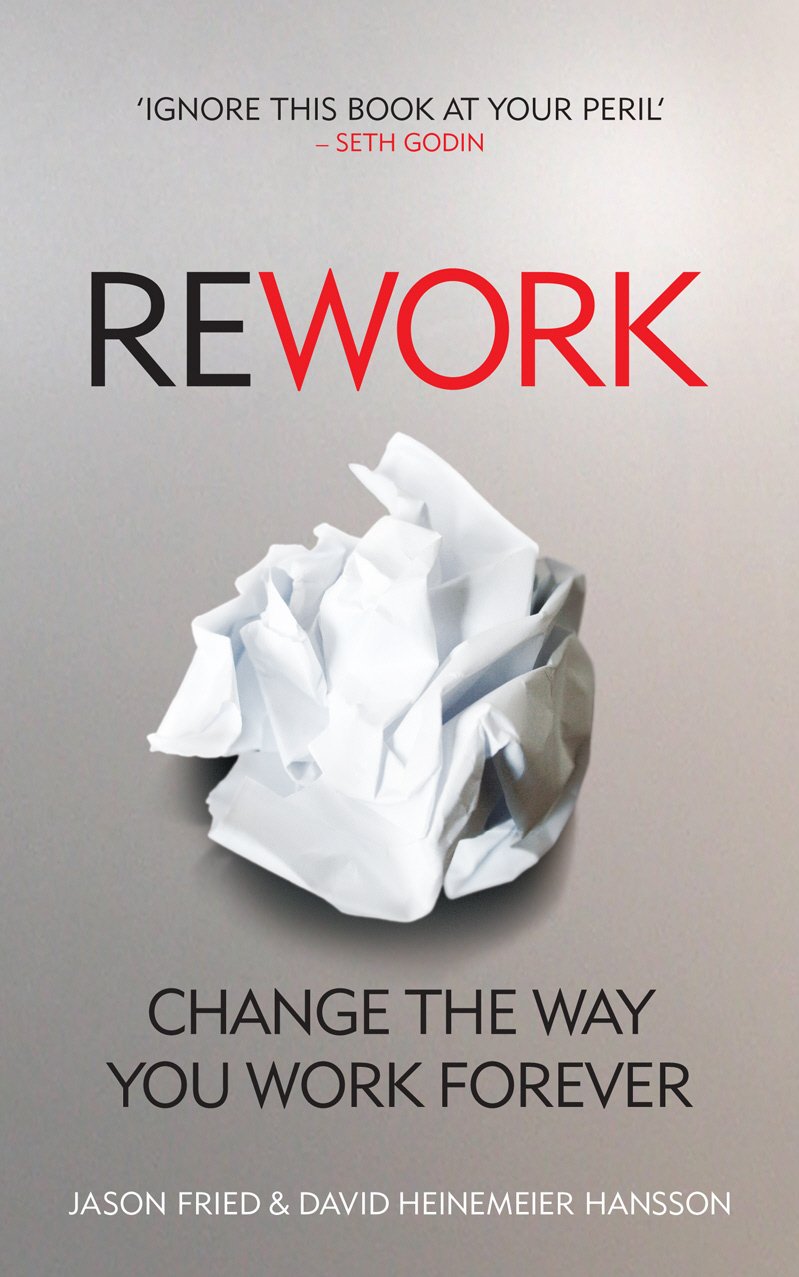
Q: Do you use any specific method or system to run daily operations?
Short answer is no. I believe that at our stage of growth, we can accomplish more if free of constraints. By having plasticity, you can adjust the schedule based on value, and value can be added every day in different ways. We could have a day where we want to do some deep-work and get a new feature done, and another when we’re running a marketing activity and want to channel our focus there. With a large company and multiple teams in place that’s very different, and without a surgical approach, it’s chaos.
Q: Why did you choose your present industry at this time?
Not sure I picked the industry. My co-founder Karolis and I experienced a sense of frustration with a specific type of product (the HR tool in place at the startup where we used to work), noticed that space was populated with poor options, and decided to build our solution. I wrote a more on this here.
Generally speaking, HR tech is an exciting space. On the one hand, you have an industry that has not been disrupted (yet), with lots of old fashion technologies that are a representation of the legacy practices in place. On the other hand, you have the “future of work” wave and the growing efforts put into the employee experience. For us, this sounded like an excellent opportunity to leverage our product expertise to bring innovation where needed the most.
Q: What is the best/worst moment you can remember in your career?
The first few months of Zero Technology for me were filled with some of the highest highs and lowest lows, as I had to deal with lots of uncertainty and pick up new skills incredibly fast. As a result, when a good result materialized, it felt amazing. But at the same time, when I had no clarity around why some decisions made didn’t produce the expected outcomes, that felt quite demoralizing.
Q: Looking back – if you could advise a younger version of yourself to do something different – what would it be?
Buy Bitcoin in 2012, when I was a click away and eventually didn’t!
Follow on Twitter: @giovanniluperti
